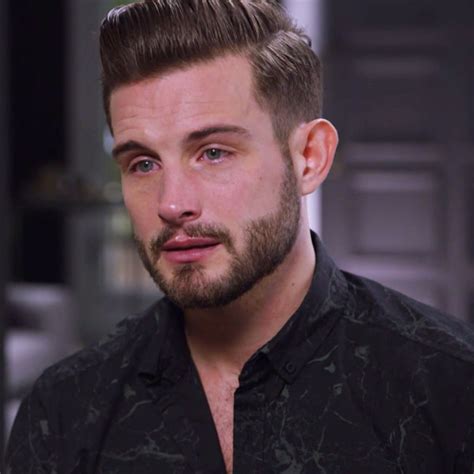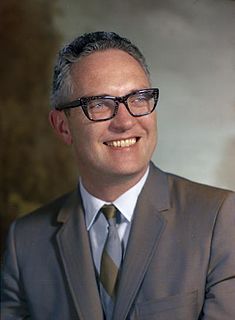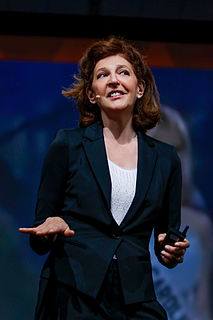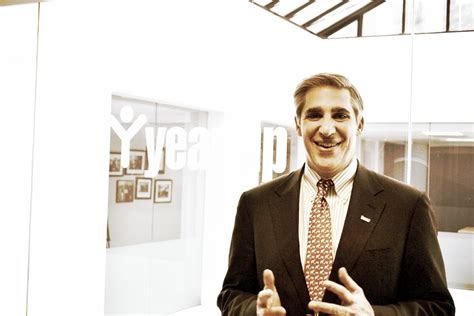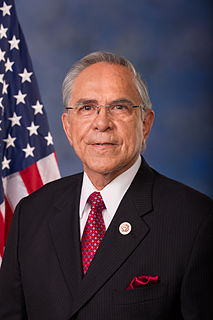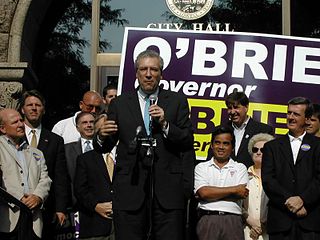A Quote by Dominique Easley
This is a win for the 4-year-olds who require pre-K, the low-wealth counties that need assistance with school construction and the disadvantaged students trying to go college.
Quote Topics
Related Quotes
We need to lengthen the school day. We need to lengthen the school year. Our calendar is based upon the agrarian economy. Children in India and China are going to school 25, 30, 35 more days a year. They're just working harder than us. So, we need more time, particularly for disadvantaged children, who aren't getting those supports at home.
Often low-income parents give their children every other thing they need for successful participation in school and the world of work except the planning and organizing skills and habit patterns needed to operate in complex settings. Many intelligent and able college students from low-income backgrounds confront these deficits when faced with a heavy assignment load. . . . These patterns are best acquired at an early age and need to be quite well developed by late elementary school or twelve or thirteen years of age.
As a former high school teacher and a student in a class of 60 urchins at St. Brigid's grammar school, I know that education is all about discipline and motivation. Disadvantaged students need extra attention, a stable school environment, and enough teacher creativity to stimulate their imaginations. Those things are not expensive.


